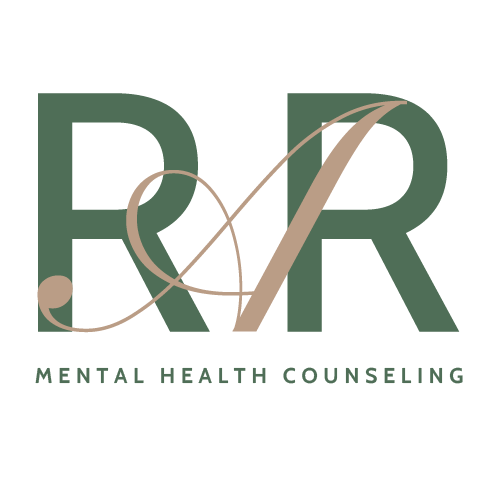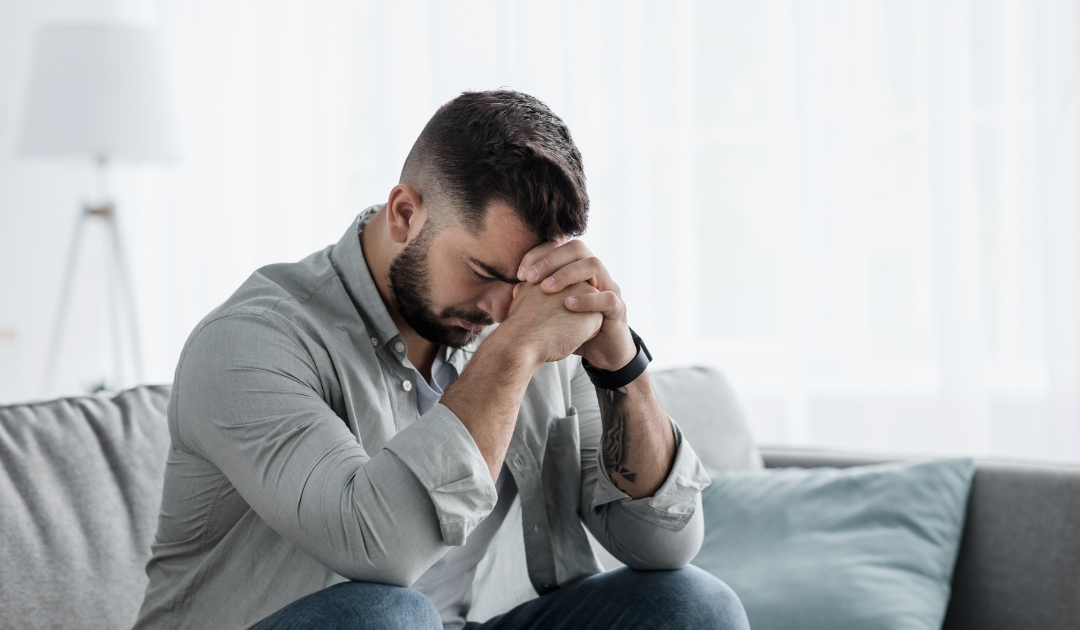Anxiety is a natural human emotion that can sometimes feel overwhelming. That gnawing feeling in your stomach before a big presentation, the racing heart during a job interview – these are all normal responses to stressful situations. But for some people, anxiety can become chronic and interfere with daily life.
If you’re feeling constantly on edge, worried, or irritable, you might be wondering:
What are the symptoms of anxiety?
Anxiety can manifest in a variety of ways, both physically and emotionally. Here are some common symptoms to watch for:
- Physical Symptoms: Racing heart, sweating, shortness of breath, muscle tension, headaches, stomachaches, fatigue, difficulty sleeping. These physical sensations can be very real and scary, even mimicking symptoms of a heart attack or other medical conditions.
- Emotional Symptoms: Feeling restless, worried, irritable, overwhelmed, on edge, difficulty concentrating, fear of losing control. You might experience intrusive thoughts, or persistent worries about things that may or may not happen. Social anxiety can make you feel intensely self-conscious and afraid of being judged or scrutinized in social situations.
It’s important to note that occasional anxiety is normal.
We all experience anxiety from time to time, especially during stressful periods in our lives.
However, if these symptoms are persistent and interfere with your daily activities, your work, or your relationships, it’s a good idea to talk to a healthcare professional.
They can help you determine if you have an anxiety disorder and recommend the best course of treatment.
Is my anxiety normal, or is it something more?
While anxiety is a common experience, there is a difference between normal anxiety and an anxiety disorder. Here are some signs that your anxiety might be a sign of something more serious:
- The intensity and frequency of your anxiety symptoms: If your anxiety is causing you significant distress or impairment in your daily life, it could be a sign of an anxiety disorder.
- The duration of your symptoms: Occasional anxiety is normal, but if your symptoms persist for several months or more, it could be a sign of an underlying disorder.
- The impact on your life: If your anxiety is preventing you from going to work, school, or social events, or if it’s causing you to avoid things that you used to enjoy, it’s a good idea to seek professional help.
If you’re experiencing any of these signs, it’s important to talk to a doctor or mental health professional. They can help you understand your anxiety and develop a treatment plan that’s right for you.
How can I manage my anxiety symptoms?
There are many practical strategies you can use to manage your anxiety in the moment and reduce its overall impact on your life. Here are a few techniques to get you started:
- Relaxation Techniques: Deep breathing exercises, progressive muscle relaxation, and mindfulness meditation can all be helpful for calming your body and mind in the midst of anxiety.
- Cognitive Behavioral Therapy (CBT): This type of therapy can help you identify and challenge negative thought patterns that contribute to anxiety.
- Lifestyle Changes: Getting regular exercise, eating a healthy diet, and getting enough sleep can all improve your overall well-being and make you more resilient to stress and anxiety.
- Mindfulness: Mindfulness practices like meditation can help you become more aware of your thoughts and emotions without judgment. This can help you to detach from anxious thoughts and feelings and focus on the present moment.
There will be setbacks along the way, but with practice and self-compassion, you can develop effective coping mechanisms and find relief from your anxiety symptoms.
Are there treatments available for anxiety?
If your anxiety is severe, there are effective treatment options available to help you get back on track. Here are some of the most common treatments for anxiety disorders:
- Medication: Anti-anxiety medications can be helpful in reducing the physical symptoms of anxiety. However, medication is typically used in conjunction with therapy for long-term management.
- Therapy: Cognitive-behavioral therapy (CBT) is one of the most effective treatments for anxiety disorders. CBT can help you identify and challenge negative thought patterns that contribute to anxiety, and develop coping mechanisms for managing anxiety symptoms.
- Exposure therapy: This type of therapy involves gradually exposing yourself to the things that trigger your anxiety in a safe and controlled setting. With repeated exposure, your anxiety response will gradually lessen.
The best course of treatment for you will depend on the severity of your anxiety and your individual needs. Talking to a healthcare professional can help you determine the best treatment plan for you.
What resources can help me learn more about anxiety?
If you’re looking for more information and support on your journey to manage anxiety, here are some reputable resources:
- National Institute of Mental Health (NIMH): Anxiety Disorders – This website from the National Institutes of Health provides in-depth information about anxiety disorders, including symptoms, causes, treatments, and resources for finding help. It’s a trusted source with the latest scientific research.
- Anxiety and Depression Association of America (ADAA): [Anxiety Disorders Association of America](https://www.Anxiety Disorders Association of America [ADAA]) – The ADAA is a leading organization dedicated to the treatment and prevention of anxiety disorders. Their website offers a wealth of information in a clear and user-friendly format, including self-help resources, anxiety disorder specific pages, and information on finding a therapist.
- MentalHealth.gov: Anxiety Disorders [invalid URL removed] – This website from the U.S. Department of Health and Human Services provides information about anxiety disorders, including symptoms, treatments, and resources for finding help. It’s a government resource with a focus on accessibility and providing reliable information.
- National Alliance on Mental Illness (NAMI): NAMI National Alliance on Mental Illness [invalid URL removed] – NAMI is a grassroots mental health organization that offers support groups, education programs, and advocacy for people with mental illness, including anxiety disorders. They have a strong focus on building community and peer support.
Remember, you are not alone in this.
Millions of people around the world experience anxiety. With the right information and support, you can learn to manage your anxiety and live a full and meaningful life. You don’t have to fight this battle alone.
There are resources available to help you take control of your anxiety and find peace of mind.
If you like this content and want to talk to one of our therapists about getting help, please reach out below:


